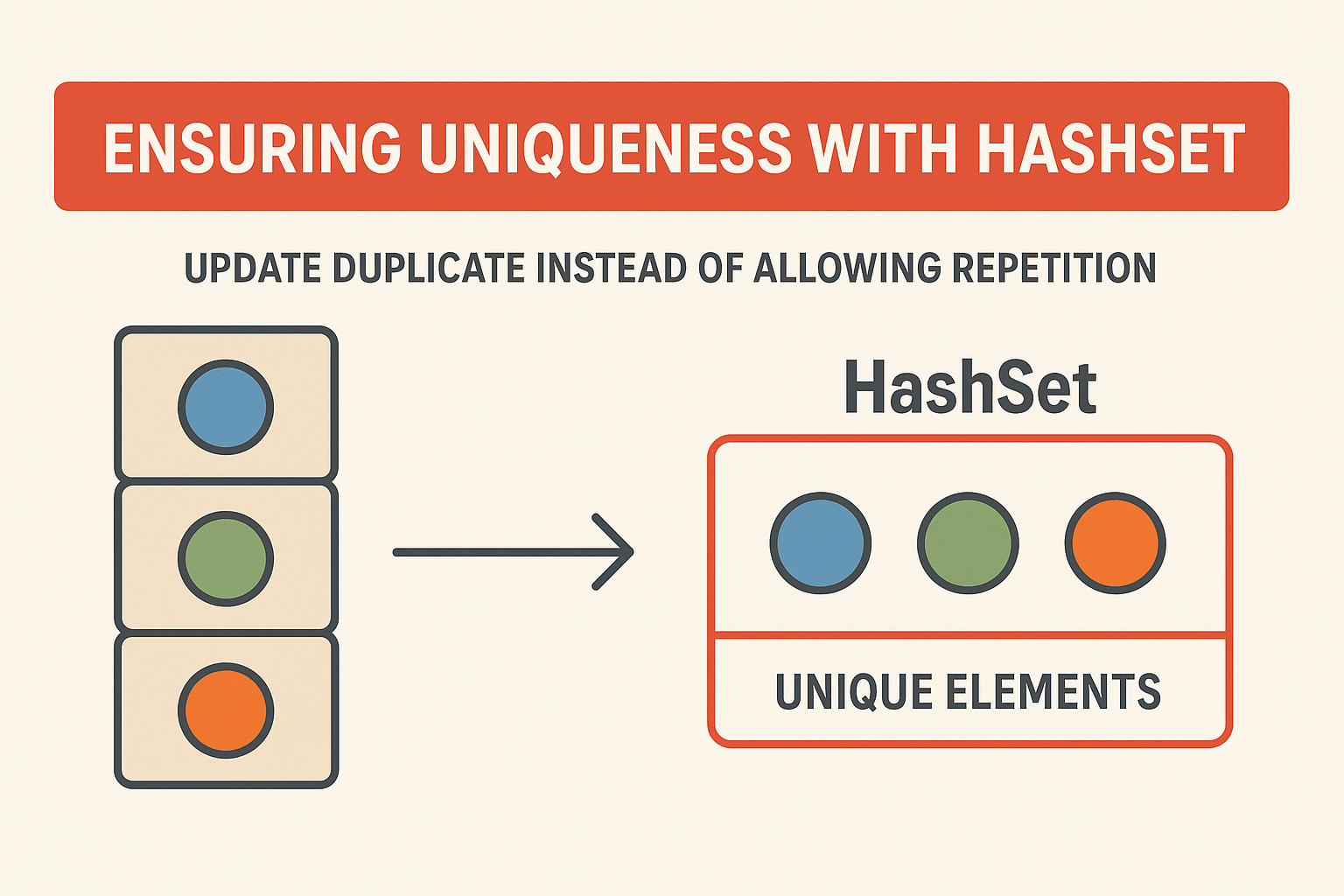When converting between Java objects — such as entities, DTOs, or database objects — developers often rely on Jackson’s ObjectMapper for its convenience and flexibility. However, subtle differences in field naming conventions can cause unexpected issues, especially with boolean fields.
A common problem appears when using:
ObjectMapper objectMapper = new ObjectMapper();
return objectMapper.convertValue(this, BankDto.class);
Even though the database contains both true and false values, the resulting DTO shows only false values for the field — for example, oauthEnabled.
This article explores why this happens, how Jackson handles naming conventions, and how to properly fix it.
The Scenario
Let’s assume the following setup:
// In BankEntity.java
private boolean oauth_Enabled;
and
// In BankDbo.java
private boolean oauthEnabled;
Your mapper converts one class to another using:
public BankDto toDto() {
ObjectMapper objectMapper = new ObjectMapper();
return objectMapper.convertValue(this, BankDto.class);
}
But when you inspect the resulting BankDto, every instance has:
oauthEnabled = false
—even though the database clearly contains true values.
The Root Cause: Naming Conventions and Bean Introspection
Jackson follows JavaBean property naming conventions to discover fields and map their values.
That means for a property oauthEnabled, Jackson expects corresponding getter and setter methods:
public boolean isOauthEnabled();
public void setOauthEnabled(boolean oauthEnabled);
However, if the field name includes underscores, such as oauth_Enabled, Jackson treats it as a different property altogether (oauth_Enabled ≠ oauthEnabled).
So during the conversion, Jackson doesn’t find a matching source field for the target field name, and the default boolean value false is applied.
Verifying the Behavior
Let’s quickly demonstrate the mismatch.
class BankEntity {
public boolean oauth_Enabled = true;
}
class BankDto {
public boolean oauthEnabled;
}
ObjectMapper objectMapper = new ObjectMapper();
BankDto dto = objectMapper.convertValue(new BankEntity(), BankDto.class);
System.out.println(dto.oauthEnabled); // prints false
The reason: ObjectMapper cannot infer that oauth_Enabled and oauthEnabled are the same property.
Solution 1: Align Field Names
The most straightforward solution is to use consistent naming across all models:
// In both Entity and DTO
private boolean oauthEnabled;
This ensures automatic mapping by Jackson without additional configuration.
Solution 2: Use @JsonProperty Annotation
If you must keep different field names (e.g., due to legacy database column mappings), you can use the @JsonProperty annotation to explicitly define how Jackson should map fields.
public class BankEntity {
@JsonProperty("oauthEnabled")
private boolean oauth_Enabled;
}
or the reverse:
public class BankDto {
@JsonProperty("oauth_Enabled")
private boolean oauthEnabled;
}
This tells Jackson to treat both fields as equivalent when converting.
Solution 3: Apply a Naming Strategy
Jackson also provides configurable naming strategies for handling underscores, camel case, and other conventions.
For example, you can enable snake_case property mapping:
ObjectMapper objectMapper = new ObjectMapper();
objectMapper.setPropertyNamingStrategy(PropertyNamingStrategies.SNAKE_CASE);
With this configuration:
oauth_Enabled(snake case)- automatically maps to
oauthEnabled(camel case)
This is useful when you have multiple mismatched fields across your domain models.
Solution 4: Manual Mapping (When Precision Matters)
For total control, consider writing a custom mapper:
public BankDto toDto() {
BankDto dto = new BankDto();
dto.setOauthEnabled(this.oauth_Enabled);
// map other fields manually
return dto;
}
While more verbose, this approach eliminates ambiguity and can include transformation logic (e.g., data validation or conversion).
Best Practices to Avoid Similar Issues
- Use consistent naming conventions — stick with camelCase across all classes.
- Avoid underscores in Java field names. Use
@Column(name = "oauth_enabled")for DB mapping instead. - Leverage Jackson annotations when you can’t control legacy naming.
- Validate conversions with unit tests to ensure no silent data loss occurs.
- Reuse a configured ObjectMapper instance instead of creating new ones — this keeps your mapping rules consistent.
Conclusion
When ObjectMapper.convertValue() returns incorrect boolean values — especially all false — it’s almost always a naming convention issue. Jackson relies heavily on matching property names according to JavaBean rules.
To fix the problem:
- Align your variable names (
oauthEnabled↔oauthEnabled), - or use
@JsonPropertyannotations, - or apply a consistent naming strategy.
By doing so, you’ll ensure accurate data transfer between your entities, DTOs, and database objects — and prevent hidden mapping bugs that can affect your application logic.



